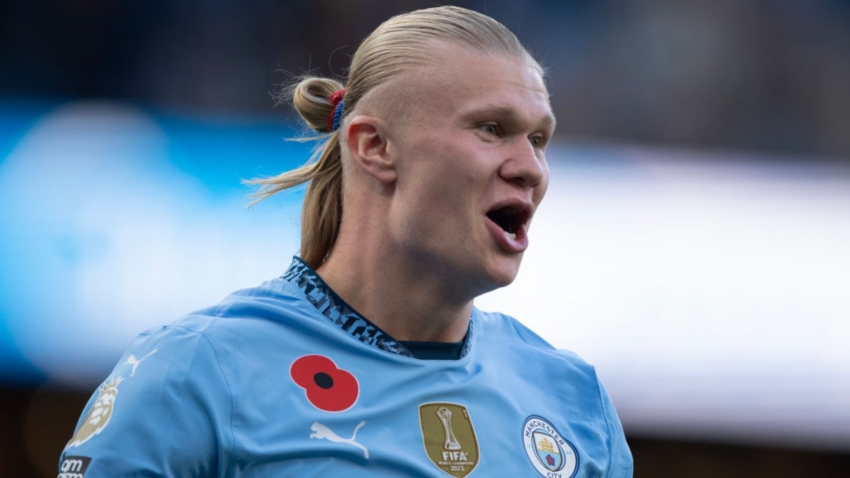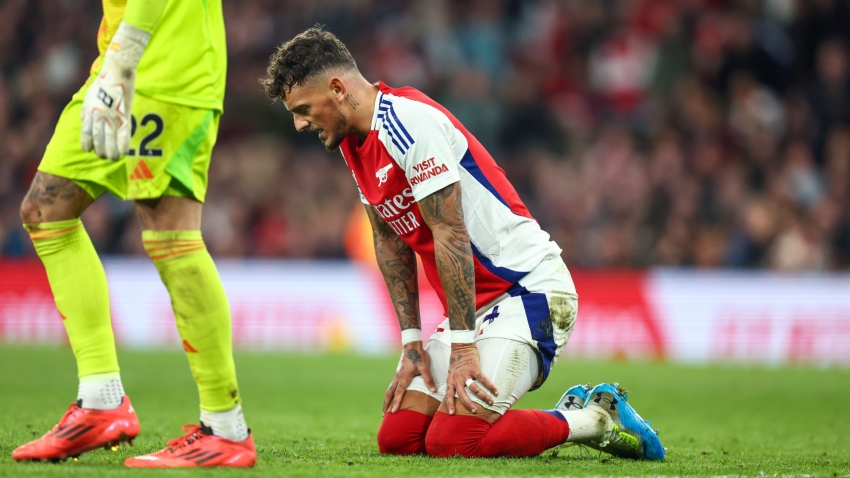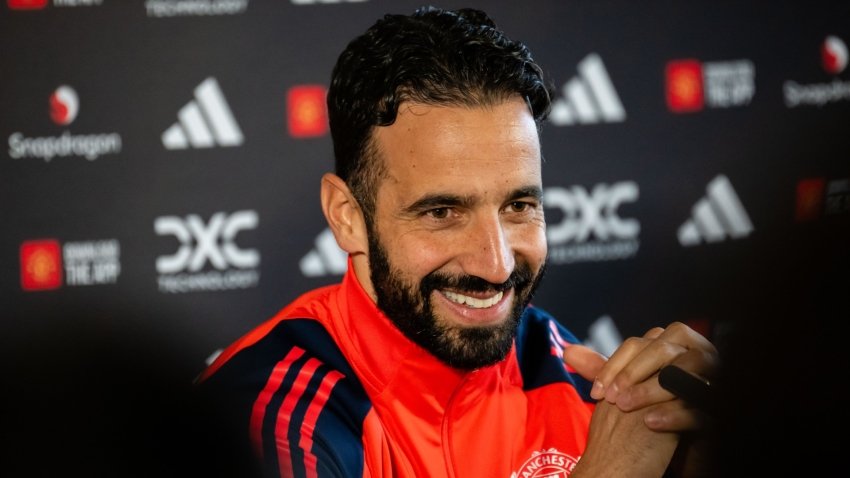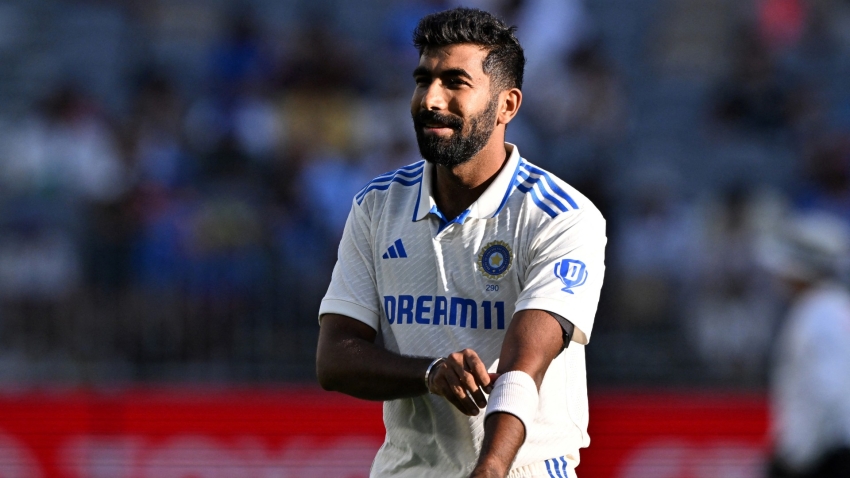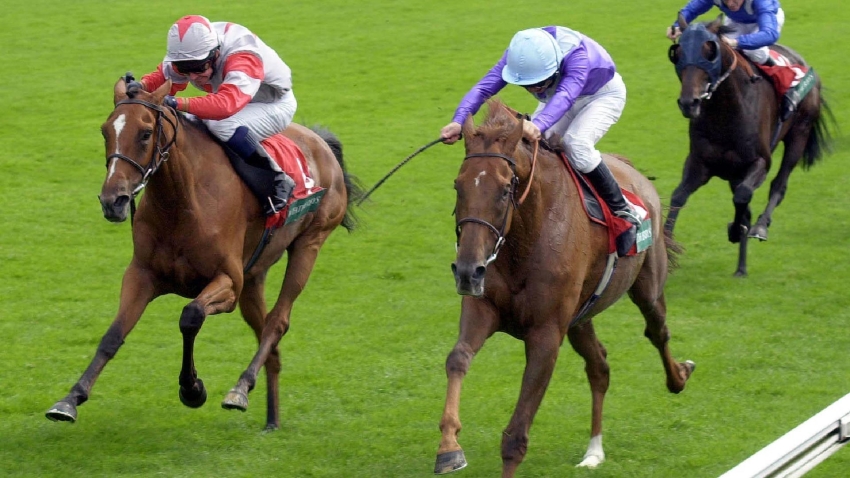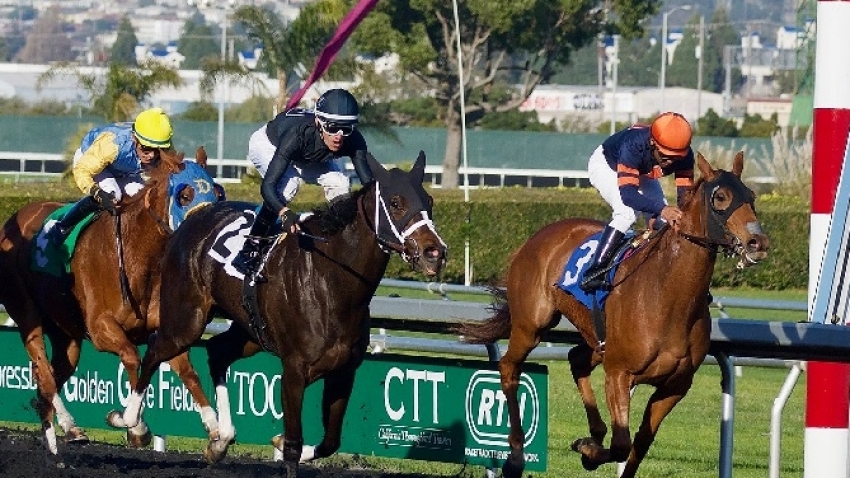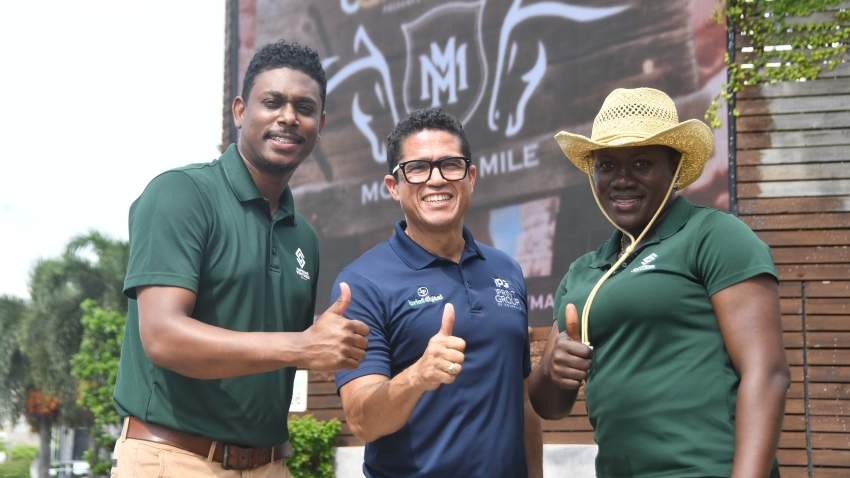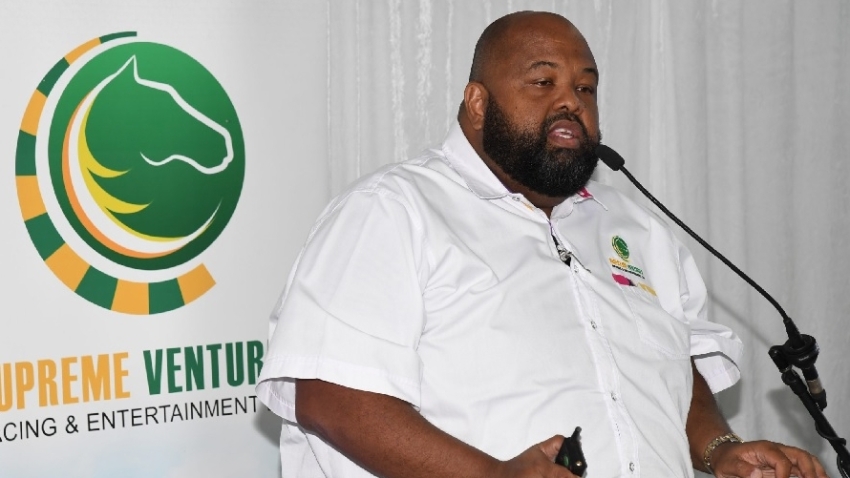While Richard Quinn admits he is “getting bored in retirement and open to offers”, it gives him plenty of time to reflect on a his career that brought him three Classics and well in excess of 2,000 winners over a period of 28 years in the saddle.
Goodwood and tough stayer Persian Punch in particular, take pride of place for the 61-year-old, who was forced to retire for a final time in 2008 due to a persistent back injury.
Quinn is one of a handful of jockeys to ride more than 100 winners at Goodwood, a feat recognised by former clerk of the course Seamus Buckley, who had pictures of the riders who achieved that landmark adorning a wall at the West Sussex track.
“I loved Goodwood,” said Quinn. “It’s one of those very idiosyncratic tracks. They had these pictures on the wall – every one of them centurions.
“I was there, Pat Eddery was there, Frankie Dettori was there, Lester Piggott was there. Just to be on that wall, with all those people who have ridden 100 winners at Goodwood, I thought that was quite special.
“Seamus did that and he made it special. It was a really nice touch. He is a superstar.”
Quinn could be described in similar vein. One of the most stylish riders of his generation, he won the Oaks in 2000 on Love Divine and the St Leger twice, on Snurge (1990) and Millenary (2000).
He might also have ridden a Derby winner, having being the regular rider of Generous, but he was controversially replaced by Alan Munro before Epsom.
Yet the man who rode the first British all-weather winner, booting Niklas Angel to victory at Lingfield on October 30, 1989, says Persian Punch’s Goodwood Cup victory for master trainer David Elsworth in 2001 was one of his favourite highlights.
“It was a wet day and we came down the middle of the track,” recalled Quinn. “He stayed on and he was just a superstar horse.
“Owner Jeff Smith had Lochsong and then Persian Punch – two superstars who the public took to heart.”
Such was the gelding’s popularity that he even had his own fan club and website. No less than 13 of his 20 career wins were in Pattern company, and at the age of 10 he was just denied the Stayers’ Triple Crown of Goodwood Cup, Ascot Gold Cup and Doncaster Cup, by Mr Dinos at Ascot.
“He was a good horse,” said Quinn. “I was associated with him for such a long time, we travelled the country and to the Melbourne Cup twice, where he finished on the podium twice. It was a great experience and he gave me some great memories.
“Horses that are kept in training for six or seven years like him and Ibn Bey, you get really fond of them.
“When you are with these horses and you ride them year in, year out, you do get an attachment to them. You look after them, because you know there is going to be another day for them.
“For a time Persian Punch just lost a bit of confidence and David Elsworth, to his credit, was a superstar trainer and a genius. He dropped him out from Group company to conditions races, and that is when Martin Dwyer got on him and he got back up to Group level again.
“David did things by feel. He had an instinctive feel for the horse.”
Persian Punch won the Goodwood Cup again two years later and also won three Jockey Club Cups, the Doncaster Cup, three Henry II Stakes and two Lonsdale Cups, and was awarded the Cartier Award for top stayer in 2001 and 2003.
Quinn, who was champion apprentice in 1984 with 64 winners, spent 17 years with Paul Cole (1981-1998) before joining Henry Cecil in 2000 and was stable jockey at Warren Place for the next four years.
Persian Punch’s success was not Quinn’s first in the Goodwood Cup, having previously won the race with Tioman Island in 1994 for Cole.
“He just got beaten in the Northumberland Plate and he went to Goodwood and broke the track record on that occasion,” said Quinn.
“He was pretty much straightforward. He was a good ride and he didn’t do anything different to any other horse. You seemed to be rowing away, but he was very genuine and kept giving.”
The Scot was never one to resort to hyperbole or court attention and just quietly went about the demanding business of riding winners until a nagging back injury forced a shock retirement in 2006. Though he returned the following spring, he announced a permanent departure in 2008.
“I slipped two discs way back and that was the end of my career. When you are in pain, it affects your life completely,” he explained.
“When you are getting legged up and you twist round, it was so painful. But when I was on the horse, I was OK. It was just getting on it.”
Quinn was considered a reluctant self-promoter and an introvert, though he concedes a combination of factors led to this misinterpretation.
“I have a hearing impairment and a lot of the time I couldn’t hear what was going on,” he added.
“Also, back in the day when I was an apprentice, Lester Piggott was the main man. He didn’t talk to the press and we all thought that was the way to do it, it was normal.
“I was looking up to Lester, Joe Mercer and Greville Starkey and none of them were what you’d call media-friendly.”
Times have changed. Quinn’s style would be more suited to this era and he has always taken a keen interest in educating young riders.
“The good thing is, my style changed over the years and I used the whip as little as possible,” Quinn said. “I think that’s the way forward. It’s all about educating the young guys that you don’t have to use a whip.
“Once you have got a horse running as fast as it can, it doesn’t matter how many times you go to hit it. All it will do is come off a straight line and cause interference.”
In these interesting times, his words will echo through the weighing room and beyond, no doubt.









